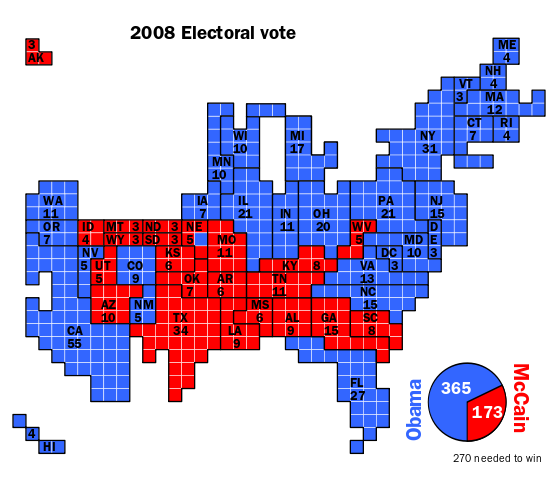
The Electoral College: Debunking myths used in its defence
Many people know that it is electors in the electoral college that actually elect the president, not citizens voting on election day. They also may know that this system allows the candidate coming in second to win the election, as occurred in 2000, and thus violates the democratic norm of equality in voting. But more puzzling (and less reliable) are the arguments made on behalf of the electoral college. Here are four of the most common — and why they are wrong. 1. The electoral college protects the interests of small states The core justification is that it balances local and national interests, protecting small states from majority rule. Yet states with small populations do not have common interests to protect and …
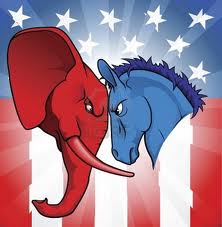
A Choice Between Two Candidates — and a contest between two campaigns
Mitt Romney and Barack Obama not only have different blueprints for America. They also have different blueprints for their campaigns for President of the United States of America. Look for example at the four key elements of message (PR), money (fundraising), media (advertising), and mobilization (field operations/get-out-the-vote). The Obama re-election effort is, arguably to an even greater extent than David Plouffe has already acknowledged the 2008 campaign was, modeled on George W. Bush’s 2004 campaign: In terms of message, the goal is to paint Romney (then John Kerry) early as a man of questionable character unfit for the presidency, present Obama (Bush) as a man of principle who you may not like but who is doing what he believes is …
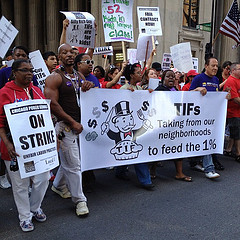
What Does the Chicago Teachers’ Strike mean for Obama and the Democrats?
Angry and extensive coverage has characterised last week’s Chicago teachers’ strike as a series of splits: children’s interests vs. teachers’ interests; ‘reform’ vs. ‘status-quo’; elites vs. the public. Whereas a majority of Chicagoans supported the strikers, much of the media coverage has been opposed. CNN’s coverage is a good example (seeNavarrette’s eye-popping statement that unions ‘protect teachers from public demands for…a better education for our children.’) The first two of these splits fit a long-standing trope in education policy from A Nation At Risk to No Child Left Behind. It is encapsulated in Terry Moe’s recent book ‘Special Interest’ amongst many others: the reformist demand for greater charter- or voucher-based choice and accountability, and opposition to teacher unions. But the most interesting split here is within the Democratic …

Was Lee Benson Right?
Following the party conventions the past two weeks has brought to mind a book often discussed in historiography seminars at Oxford’s Rothermere American Institute: Lee Benson’s The Concept of Jacksonian Democracy, written in 1961. In this classic work, Benson argued that voting behaviour in the Jacksonian period was determined not by ideology or class, but rather by ethno-cultural factors such as ethnicity, religion and community association. Does Benson’s argument have any relevance in 2012? Any observer who watched the shots of the delegates in the convention halls saw the obvious way that Benson’s thesis pertains to today’s politics. African Americans, who were so much more visible in Charlotte than Tampa, are almost uniform in their support for Obama. Latinos are gravitating in that …
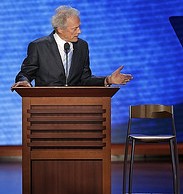
Washington Dispatch: Watching the Conventions
The other day I was standing in the gift shop at the National Museum of American History staring at the display of donkey- and elephant-branded merchandise when a stocky white guy in his mid-thirties came over and grabbed an armful of red GOP t-shirts and a large metal “Republican and Proud” plaque. “Can’t resist,” he said to me. I suppose he thought I would be sympathetic because I was wearing a t-shirt that said “Sports!” in that curly American writing that Coca-Cola has probably trademarked. “I work in healthcare,” he told me, after I nodded and grinned mutely like the weak-kneed liberal I am at heart. “Everyone around me is a Democrat. And I own my own business, so…” So, …
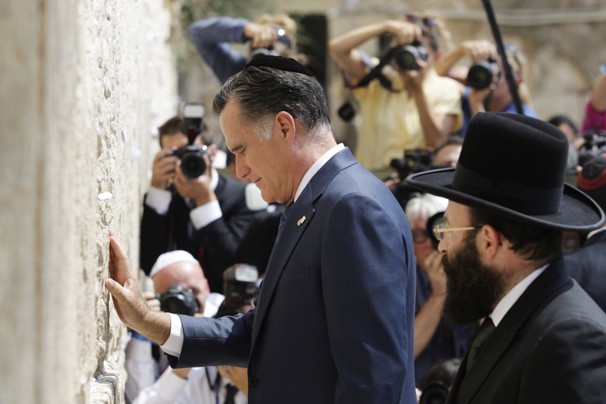
Romney’s Foreign Policy: Careless rhetoric matters
A few days ago, Alexander Ewing posted a “firm riposte” to my blog which criticised Romney and his entourage for their neo-con leanings. Within it he argues that those who claim that a Romney Presidency would result in a return of the neo-cons are simply creating “a storm in a teacup”, and that Romney has used the language of the neo-cons only as a means to distance himself from Obama and portray the President as weak on the world stage. In reality, he argues, Presidents of both parties tend to follow broadly similar foreign policies, regardless of their own ideological leanings or party affiliation. In other words, Romney uses tough talk but it’s largely irrelevant since it won’t alter actual …
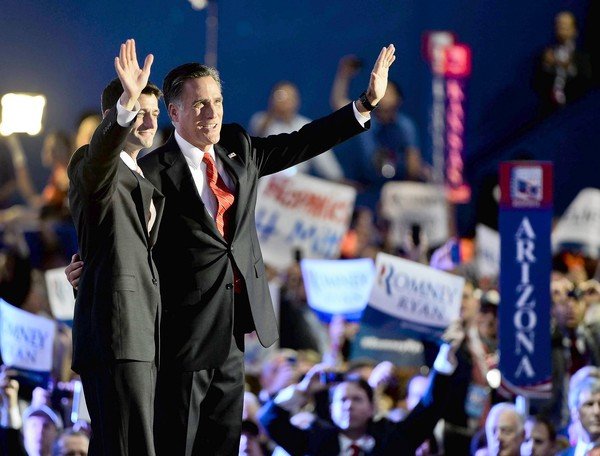
The Return of the Neo-Cons: Why a Romney presidency would be bad for America
This week we were given a first glance at what a Romney presidency might mean for the rest of the world when he and his allies began to spell out what a Romney foreign policy would consist of at the Republican National Convention. The decision to focus upon attacking Obama’s foreign policy record was perhaps unwise given that this is one area in which Obama enjoys relatively broad support and in which Romney has little experience — and given his recent debacles on the international stage, even less credibility. While Obama has not fully lived up to the hopes the international community had for him (demonstrating the folly of awarding peace prizes in advance), he at least still commands the …
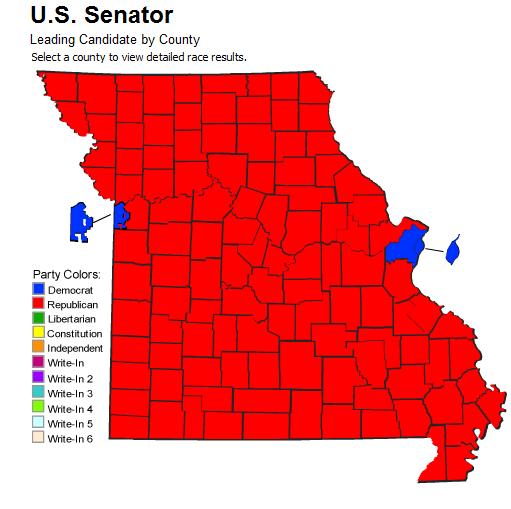
What’s the matter with Missouri?
This is a common question following the row over Congressman Todd Akin’s comment about abortion and rape. In a 2004 book, Thomas Frank, the liberal columnist and author, asked a similar question about Missouri’s western neighbour, Kansas, which has lurched far to the right in recent decades (indeed, its current governor Sam Brownback might well be the most extreme right-wing governor in the union). Yet there is little mystery about Kansas: its rightward shift is part of a broader trend in the Great Plains, which now rivals the South for the status as the heart of the GOP. But Missouri’s rightward shift, which Todd Akin so demonstrated, is perhaps more surprising. Missouri has the makings of a state that could go blue …









